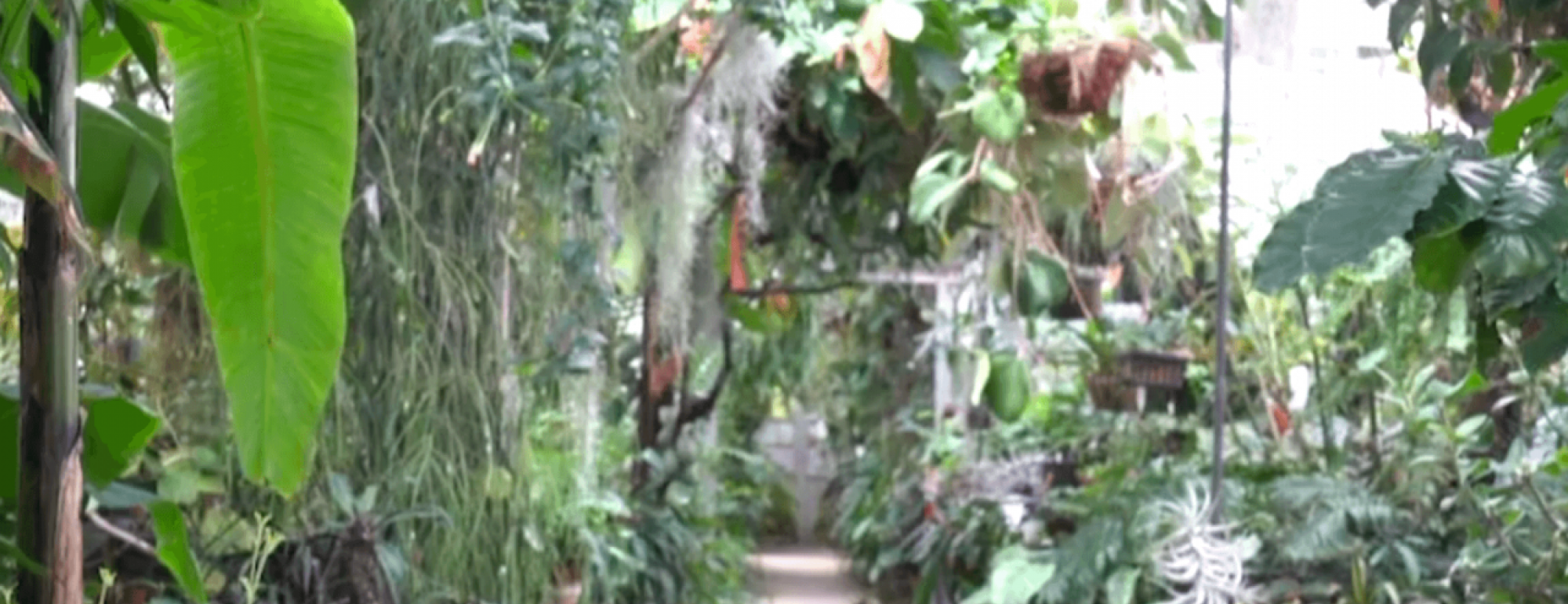There's something about that first satisfying snap into a bite of chocolate that can transport a person somewhere like no other candy can. From the tropical regions that grow cacao to the companies that produce the confections we see in the store, that chocolate had to make a journey of its own, as well. Farmers and scientists from around the world will soon be able to connect at жэАЫНфзЪСЯТлЬГАФУХ Davis to ensure growing a fragile bean into one of the worldтs most prolific foods endures for generations to come.
жэАЫНфзЪСЯТлЬГАФУХ Davis students and experts are working to better understand cacao, a vital ingredient necessary not only to chocolate production but also to many people worldwide. A part of the pursuit is sharing knowledge to better understand the complex challenges and issues in the wide world of chocolate production.
As diverse as cacao is, so too, is the research surrounding it at жэАЫНфзЪСЯТлЬГАФУХ Davis.
тWeтre so used to going to our local grocery store, buying a bar of chocolate that is produced in North America or Europe and feeling that distance from where the cacao is actually growing, which tends to be in tropical regions of the world, typically north and south of the equator,т said . Weeks studies the social, economic, and environmental dimensions of the fine flavors of cacao and chocolate. Before starting her graduate studies, she spent two months living in Belize and Guatemala, interviewing smallholder cacao farmers, independent growers who oversee small plots of land and sell to Maya Mountain Cacao and Cacao Verapaz.
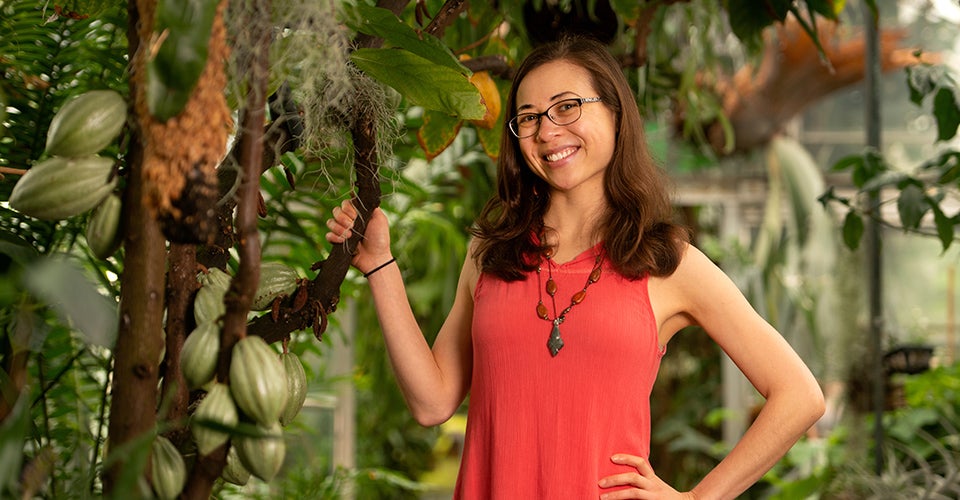
Cacao is a heritage food of Guatemala, so Weeks wanted to focus the project on specialty markets to highlight the unique quality of the cacao the smallholder producers grew and export it to the international market. Weeks partnered with the to support the production and commercialization of cacao in Southern PetУЉn.
The project had two goals: On the one hand, it empowered these communities to export their own cacao. тBut the other very important aspect of the project was actually getting the women involved,т Weeks said.
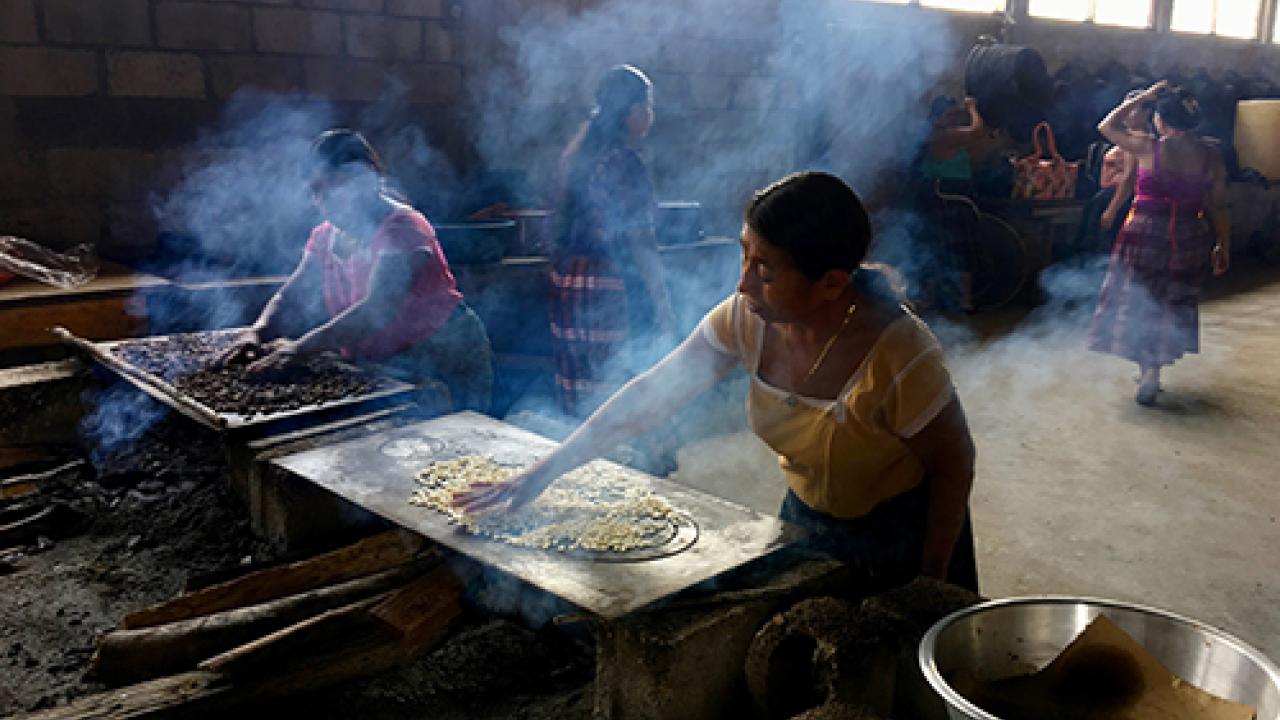
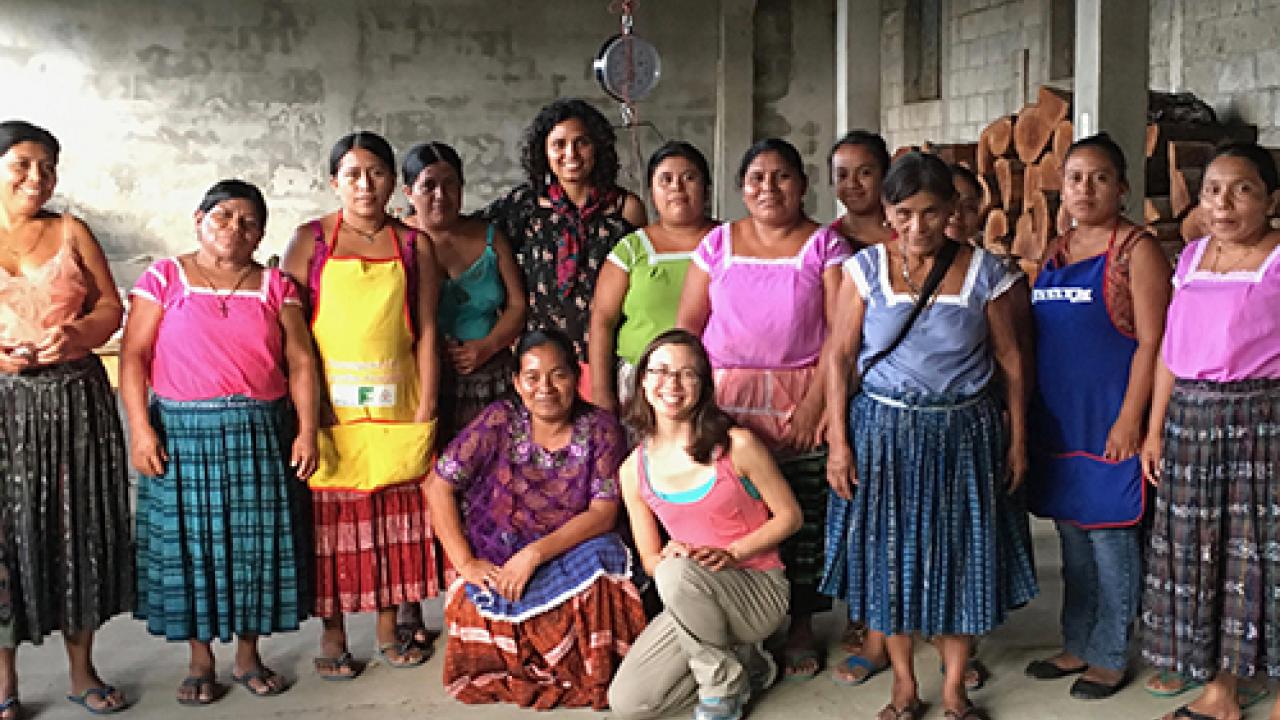
Strengthening community production
Through a, Weeks worked with a group of women called Red de Mujeres, who created a marketable product from the cacao they were already growing in their communities.
т[The Red de Mujeres] said part of what empowered them was knowing they could make their own chocolate,т Weeks said. тItтs embodying this concept of something that is from their heritage.т
Moreover, going beyond chocolate, together Weeks worked with the women's group to develop new recipes that slightly modified the traditional ones passed down from previous generations.
Weeks returned to Guatemala in 2017 through a, which enabled her to invite Northern California craft chocolate company, , to lead workshops centered around cacao-based recipes. With her first experience still fresh in her mind, she was thinking more clearly about cross-cultural conversations and learning more specifically about the interconnected concepts of health, food insecurity, and supply chain.
Weeks envisions future smallholder farms producing chocolate products in the same countries where the cacao is grown. She hopes that experiences like hers will help emphasize the need for considering the humans involved in making chocolate.
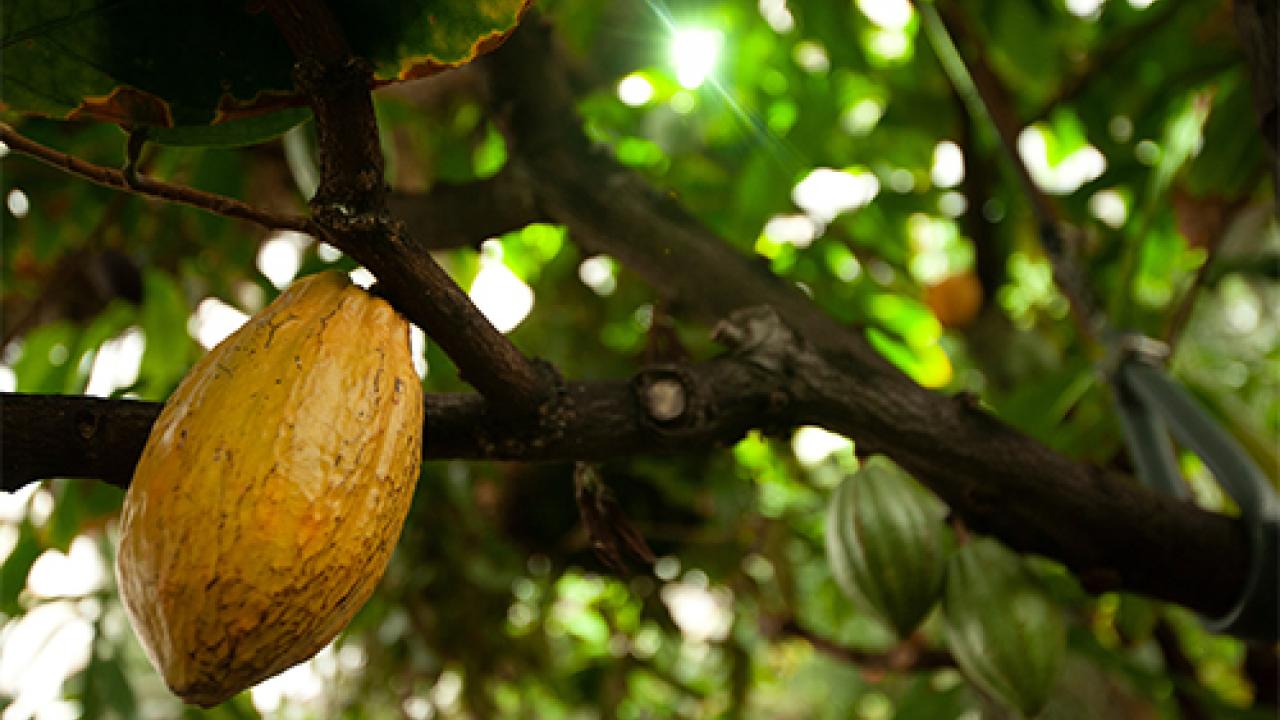
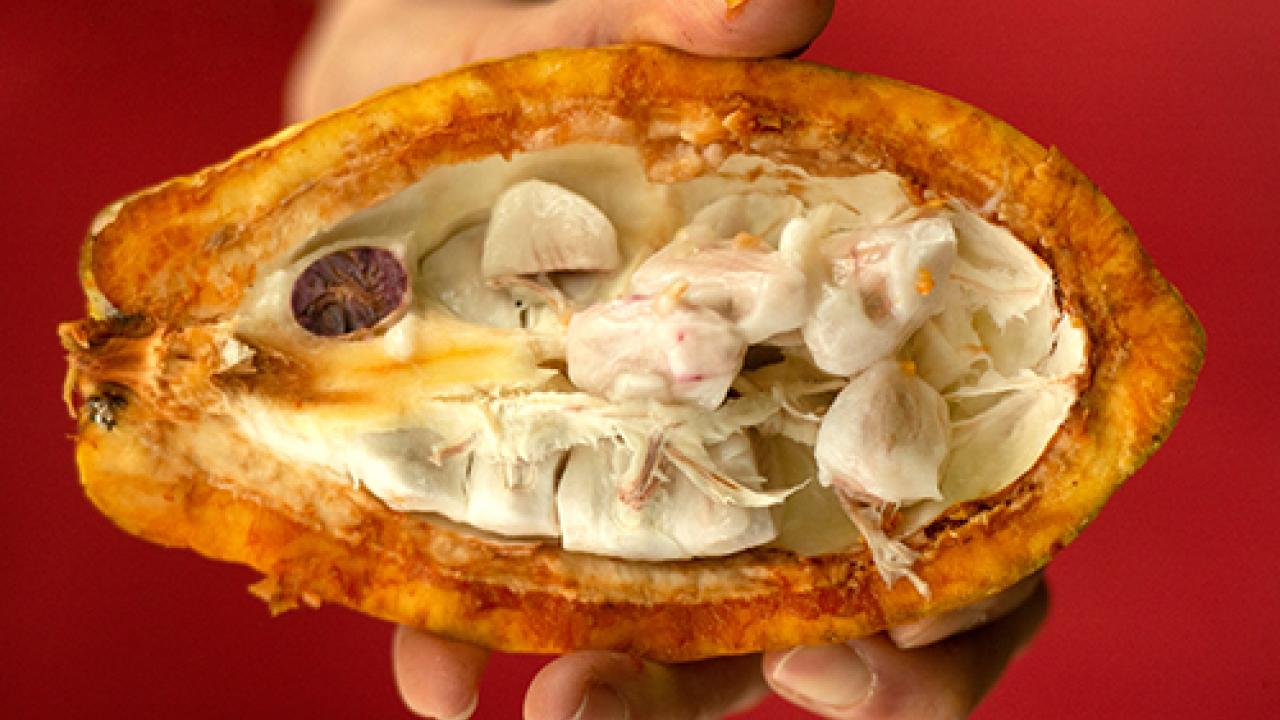
Growing solutions
As one жэАЫНфзЪСЯТлЬГАФУХ Davis researcher explores the socio-economic aspects of cacao production, others are conducting long-term research at the university to explore genetic aspects of cacao production.
Growing cacao can be a delicate process, said Howard-Yana Shapiro, Senior Fellow in the жэАЫНфзЪСЯТлЬГАФУХ Davis Plant Sciences Department and chief agricultural officer at Mars, Incorporated.
тThere are pests and diseases in some parts of the world that can kill the crop in two or three years,т Shapiro said. These problems become worse with .
The intermittent temperature change can determine the fate of an entire seasonтs cacao crop, Shapiro said. The bean is also prone to a litany of diseases and viruses, with ominous names like frosty pod and swollen shoot virus.
No one knows how, or if, cacao can thrive in an environment impacted by climate change, said .
тI havenтt found many people who don't like chocolate, so I think there is going to be a continued demand for cacao,т Mackill said. The question is: will the cacao supply continue to be there?
Mackill and other plant experts at жэАЫНфзЪСЯТлЬГАФУХ Davis are researching the answers to that question. They seek to improve cacaoтs resiliency in areas impacted by climate change and drought, Mackill said. They hope to develop ways of ensuring cacaoтs long-term production in ways that would also benefit farmers.
Shapiro said cacao forms the backbone for several countriesт economies, with some 6.5 million smallholders growing the crop worldwide. Inconsistent rainfall totals and erratic temperatures due to climate change reverberate throughout the entire sector.
After 10 years of on cacao crops, Shapiro believes scientists are now better equipped to address the issue.
тWeтre supposed to be guardians of (cacao),т Shapiro said. тWeтve raised the conversation to a point where there is a recognition the word тsustainableт may not be the best word anymore; we need to have a resilient crop.т
Mackill and other жэАЫНфзЪСЯТлЬГАФУХ Davis researchers address cacao production through major programs that address better soil, pest and disease management, as well as better breeding techniques to develop new strains of cacao that tolerate adverse climatic effects such as drought and higher temperatures.
тIt depends on genetic variability in the species that we can use to develop new strains of cacao,т Mackill said.
Mackill and his colleagues will be working to develop new cacao strains to improve resilience to disease and climate change in . The new greenhouses will support breeding, teaching and research on a diverse array of plant species, including cacao, which is rarely studied at public institutions.
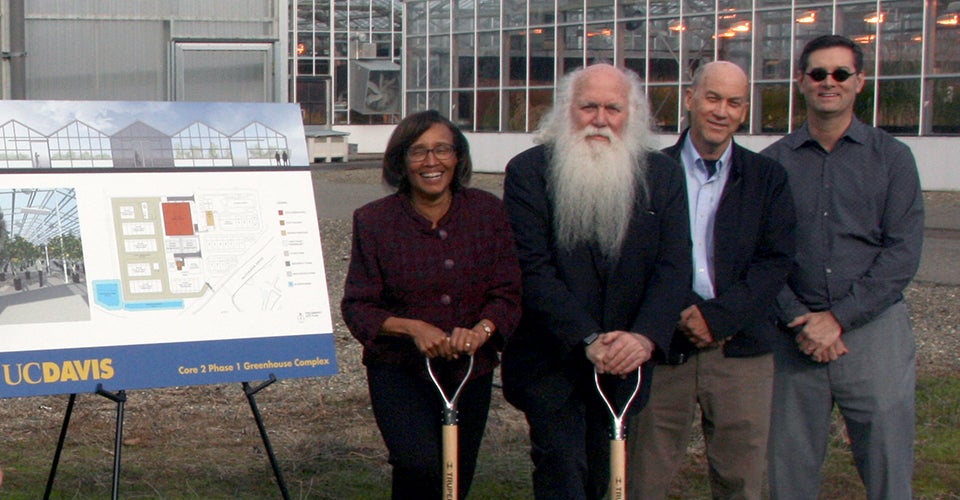
Some strains of cacao seem more naturally predisposed to tolerate higher temperatures than others, Mackill said.
тThe real measure of drought tolerance is to actually compare the performance of different strains in the field condition under drought stress,т Mackill said.
Shapiro and Mackill expect these greenhouses will start conversations with scientists and farmers from all over the world about breeding, teaching, and researching hundreds of plants.
тThis conversation is then not a factorial of тtwice as good,т itтs ten times as good to have that many eyes on it,т Shapiro said. тThe ability to have that conversation is core to why we are on this campus.т
A large т and smallholder т future

Meanwhile, Weeks wants to continue conversations with the smallholders who grow the cacao that eventually becomes chocolate. She believes the chocolate industry could improve the livelihood of smallholders like the ones she worked with in Guatemala.
тTheyтre still figuring it out, and I want to be part of that process,т Weeks said. тI came to chocolate with certain assumptions, and certain assumptions have been broken. I am constantly learning and shifting and adapting my own conceptions.т
Because chocolate has become a global product, it can be a conduit for talking about bigger issues like inequalities, Weeks said. In other words, she sees chocolate as a conversation starter, or at the very least, a means to bring people together.
тI have more empirical understandings of how chocolate makes me happy,т Weeks said. тI think part of it is being able to share that experience with other people.т
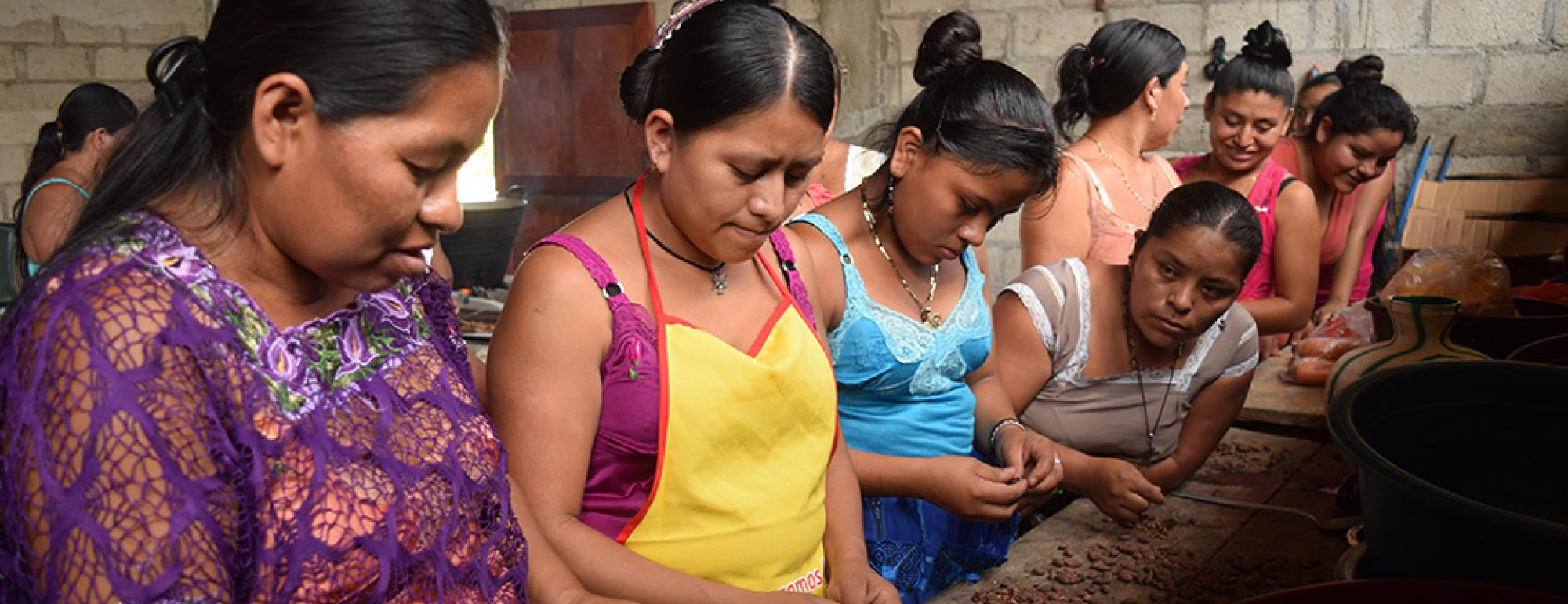
Media contact: Amy Quinton, жэАЫНфзЪСЯТлЬГАФУХ Davis News and Media Relations, 530-752-9843, amquinton@ucdavis.edu
Related Stories

Closing the Loop on Sustainable Agriculture
Tsar Nicoulai is the first caviar farm in the world to produce food in an aquaponics system, which is a complete ecosystem that includes growing fish, plants and bacteria.
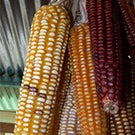
Can We Grow One of the World's Largest Food Crops Without Fertilizer?
A multidisciplinary team of researchers from жэАЫНфзЪСЯТлЬГАФУХ Davis have discovered a variety of corn that can fix nitrogen from the atmosphere, instead of requiring synthetic fertilizers.
